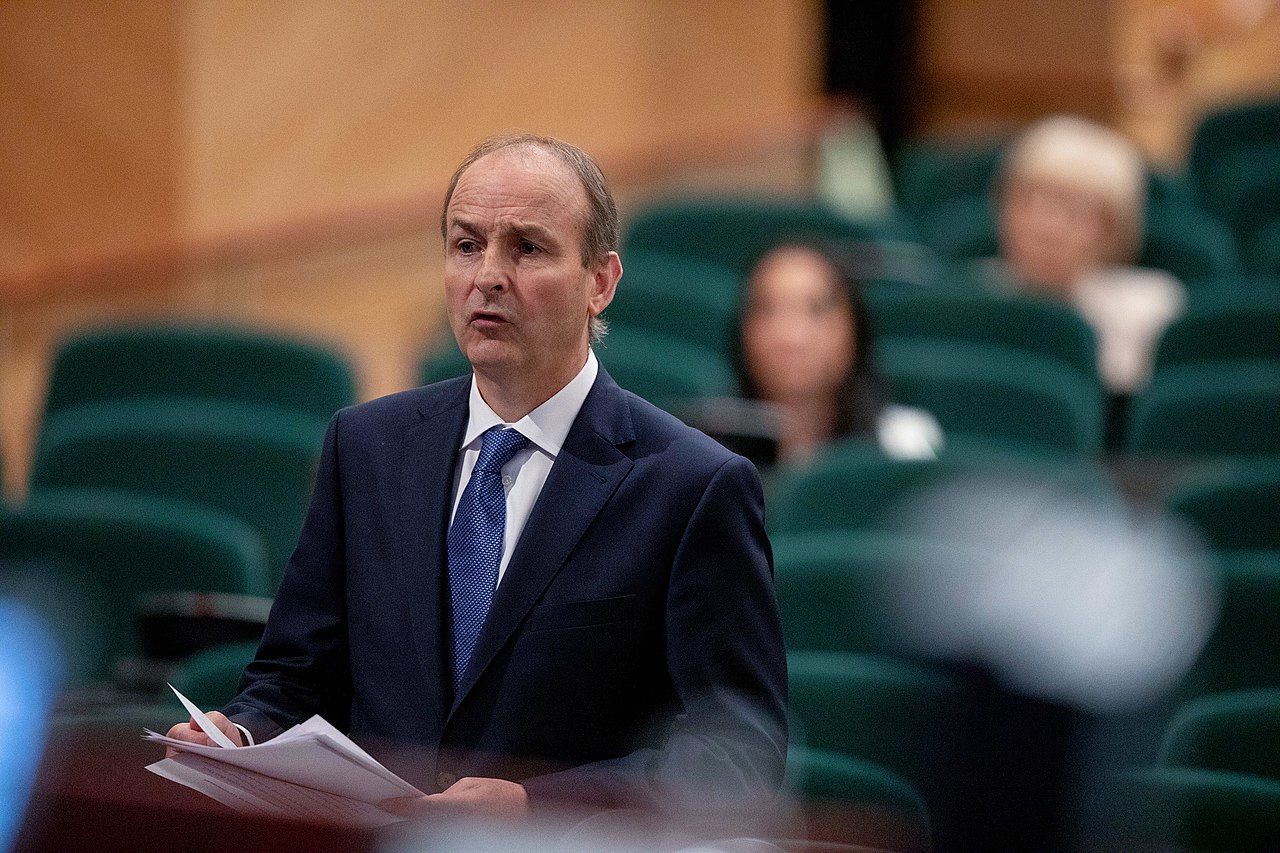LONDON (Parliament Politics Magazine) – The taoiseach (Irish Prime Minister) has declared that the UK government’s plans to revoke sections of the post-Brexit trade deal it reached with the EU would constitute “economic vandalism” on Northern Ireland.
The government wants to modify the Northern Ireland Protocol to make it simpler to transport products from Britain to Northern Ireland.
On Monday, it outlined the ideas before Parliament.
Northern Ireland’s economy would be harmed by them, according to Micheál Martin.
The taoiseach stated on the BBC’s Sunday Morning programme that the measure was wrong and reflected the worst type of unilateralism.
They completely accept that there were valid concerns about the protocol’s implementation, and they believe that such concerns might be answered through serious, long-term negotiations between the UK government and the EU, he said.
Other sections of the plan, such as separate regulatory standards, Mr Martin argued, may be disastrous for the economy of Northern Ireland.
It was profoundly concerning to Northern Ireland’s businesses and industry, in fact, it represented a form of economic vandalism, he said.
Mr Martin claimed that evidence revealed the Northern Ireland economy was performing quite well under the protocol, but that the UK government was not articulating this clearly enough.
Red and green lanes
The protocol stops a hard border with the Republic of Ireland, but it does mean that some goods entering Northern Ireland from other parts of the UK will be subject to inspection.
Unionists in Northern Ireland oppose the agreement because it creates a trade border in the Irish Sea, which they believe weakens Northern Ireland’s position in the United Kingdom.
The concept of green lanes and red lanes for trade is at the heart of the government’s proposal to reduce the impact on businesses.
This would imply that:
- The green lane would be used by goods arriving from Great Britain (GB) into Northern Ireland (NI) and remaining there. This means minimal paperwork and no checkings.
- GB goods passing through Northern Ireland on their way to Ireland or the rest of the European Union would take the red lane and be checked at the NI ports.
In addition, London wants any trade issues to be addressed through “independent arbitration” rather than the European Court of Justice, and Northern Ireland to receive the same tax incentives as the rest of the UK.
The government claims that there is no other option to protect the UK’s vital interests.
The EU, on the other hand, opposes the plan, claiming that abandoning the deal violates international law.
Mr Martin stated that the EU had been flexible in its approach to finding answers to the protocol’s problems.
In October 2021, the European Commission proposed reducing post-Brexit checks on goods and pharmaceuticals arriving in Northern Ireland from anywhere in the UK.
The idea of an “express lane” was at the core of the plan, allowing for a reduction in the checks on goods entering and leaving Northern Ireland from Great Britain and the amount of paperwork.
However, the UK openly rejected the measures in May.
London claimed they would not solve the protocol’s main issues, would necessitate more inspections and controls than the current “grace period” regime, and would result in the elimination of specific products from Northern Ireland store shelves.





